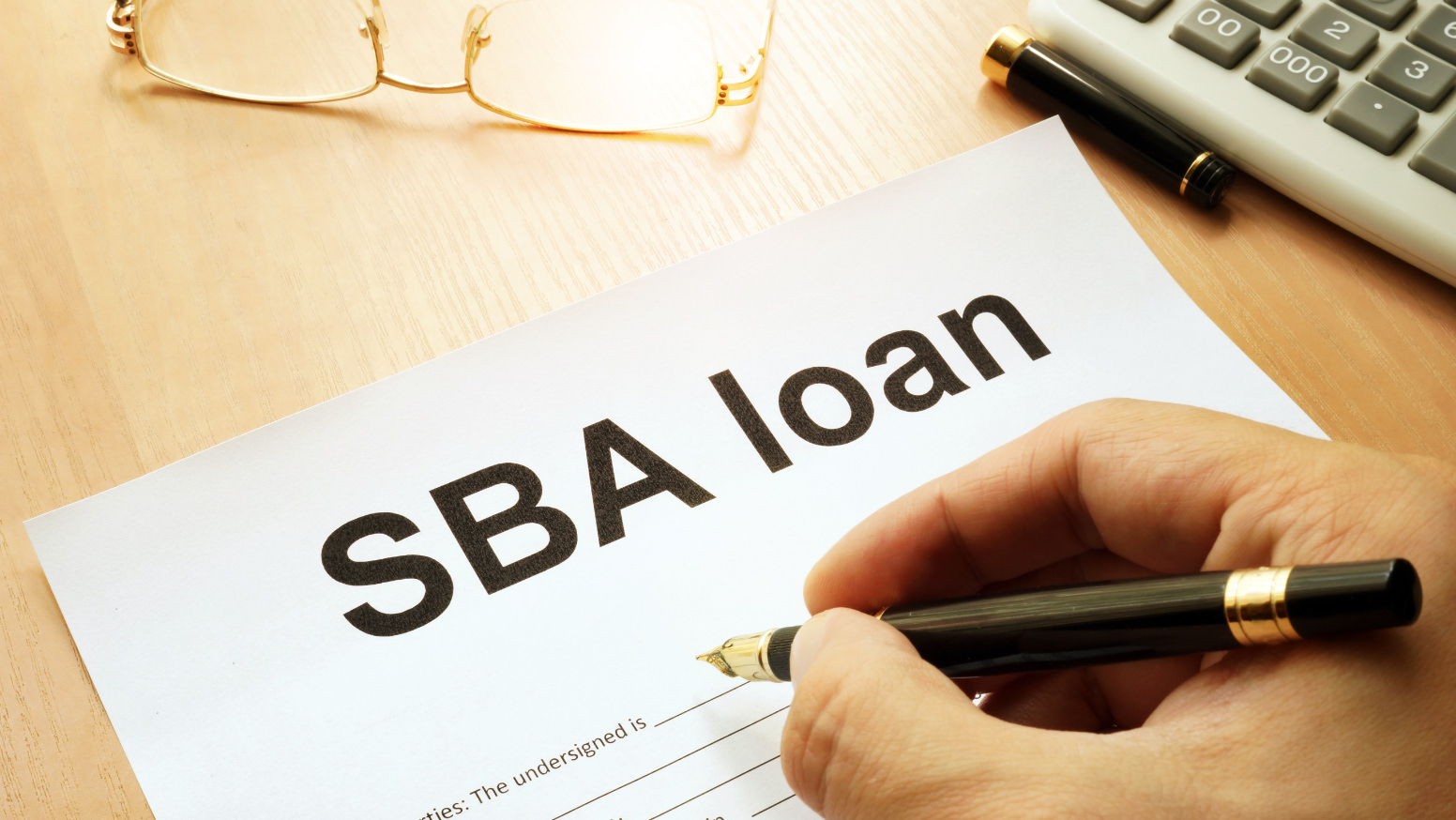When submitting an offer under the SBA Offer in Compromise program pursuant to SBA SOP 50 57, the SBA is trying to determine whether making you repay the loan in full will cause a hardship, at least that’s the idea. A complete and accurate picture of your finances is absolutely necessary for the SBA to consider your offer. Moreover, this statement is made under the penalty of perjury. In fact, in our experience if the SBA 770 is visibly incomplete or vague, SBA may not even take your offer seriously and refer you straight to Treasury. Below we address two of the most common questions we get from people contacting our office:
Why is my wife’s financial information necessary, she is not a guarantor?
The short answer is because the SBA requires it; the long answer is that the SBA is trying to determine what portion of your household expenses he/she may be paying. This allows the SBA to determine what sort of disposable income you, the guarantor, may have based on your income, to repay the loan. This calculus is just one of the reasons SBA is asking.
Will providing my wife’s financial data make her liable?
No, the personal liability for the repayment of your SBA loan was established under the original loan documents and the unconditional personal guarantee signed by you the borrower or guarantor. Providing answers to questions on the SBA 770 is not going to make him/her liable for your debt.
Can my spouse still be liable for my unpaid SBA debt in some other way?
Yes. While he/she may have no “personal” liability for your unpaid SBA debt, depending on the laws of your state, your spouse’s income and/or property may be liable for repayment — remember, we are saying “income” and/or “property” not him/her personally. There are nine community property states: Arizona, California, Idaho, Louisiana, Nevada, New Mexico, Texas, Washington and Wisconsin. In these states, your spouse’s income and community property (property acquired during marriage) may be liable for your unpaid SBA loan balance.
Why does the SBA want to know if I have transferred property to someone else?
Transferring cash and other valuable assets to a third-party to make you look financially weaker or in an attempt to put those assets out of reach of creditors and the SBA is unwise. Not only are such transfers potentially voidable under various state statues, including those dealing with fraudulent conveyances, but if the SBA concludes you made those transfers with a bad motive, they consider that a red flag and may not be willing to settle with you on any terms at all.
How will the SBA know I transferred assets if I don’t tell them?
Remember, you are signing the SBA 770 under penalty of perjury and prison time is not just a threat, but a very real possibility. You must tell the truth — to your attorney and the SBA. Transfers made to relatives and others need not always scuttle a deal. There are many reasons for transfers and many ways to address them in the offer process. Let your attorney discuss the matter with you first, then you decide if you wish to proceed with filing your SBA offer.
I don’t want to disclosure all my financial information, I will just file bankruptcy instead.
Bankruptcy may be an option to discharge your unpaid SBA debt if you really don’t want to proceed with or cannot afford an offer. However, its important to note that filing bankruptcy will still require similar disclosures. In fact, bankruptcy disclosures are on the whole even more invasive.

